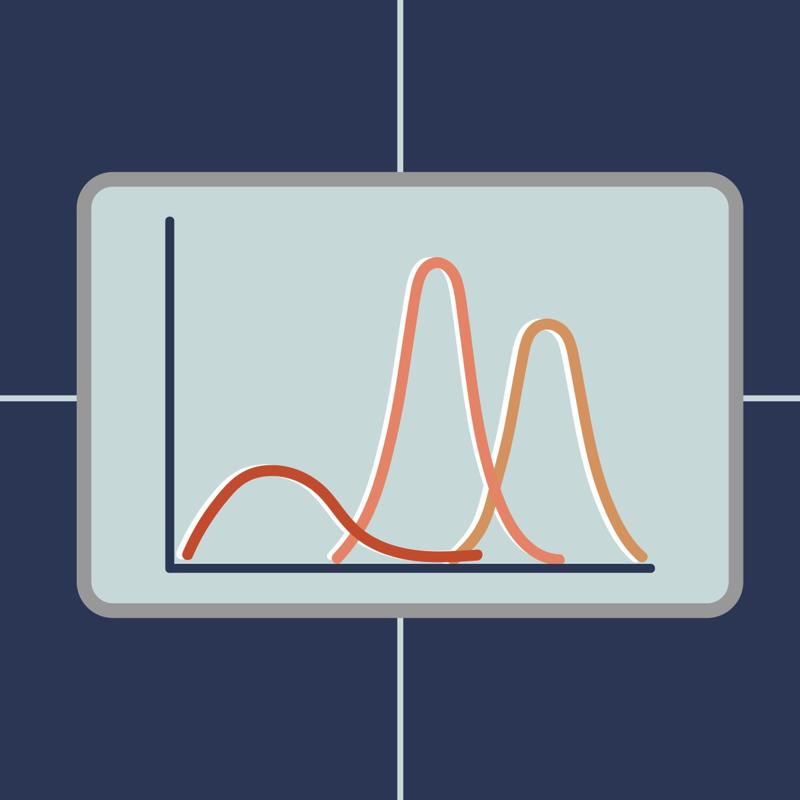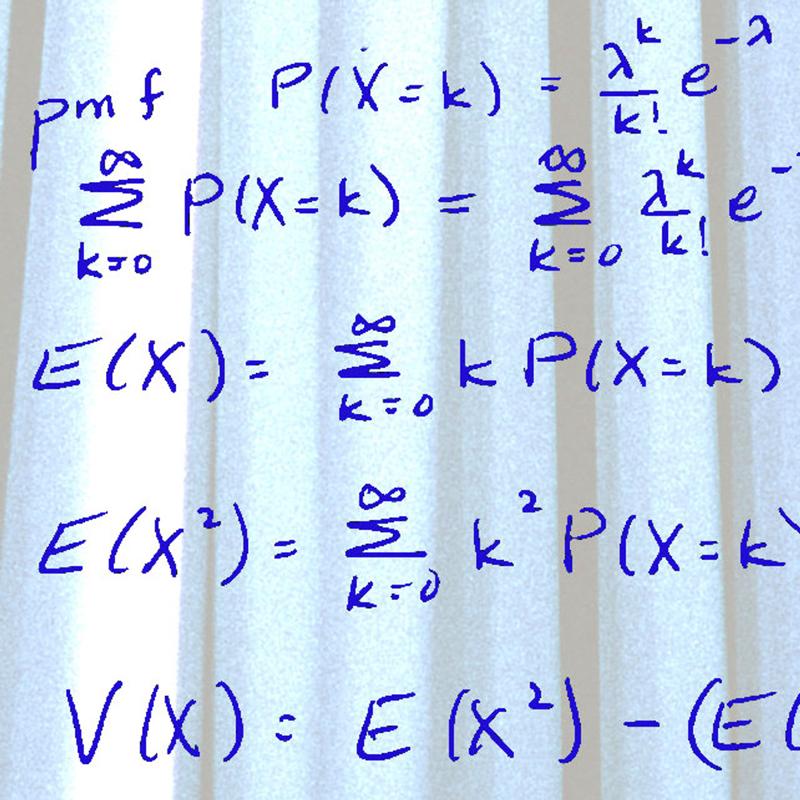Course overview
- Provider
- Coursera
- Course type
- Free online course
- Level
- Intermediate
- Deadline
- Flexible
- Duration
- 12 hours
- Certificate
- Paid Certificate Available
- Course author
- Herbert Lee
Description
This course introduces the Bayesian approach to statistics, starting with the concept of probability and moving to the analysis of data. We will learn about the philosophy of the Bayesian approach as well as how to implement it for common types of data. We will compare the Bayesian approach to the more commonly-taught Frequentist approach, and see some of the benefits of the Bayesian approach. In particular, the Bayesian approach allows for better accounting of uncertainty, results that have more intuitive and interpretable meaning, and more explicit statements of assumptions. This course combines lecture videos, computer demonstrations, readings, exercises, and discussion boards to create an active learning experience. For computing, you have the choice of using Microsoft Excel or the open-source, freely available statistical package R, with equivalent content for both options. The lectures provide some of the basic mathematical development as well as explanations of philosophy and interpretation. Completion of this course will give you an understanding of the concepts of the Bayesian approach, understanding the key differences between Bayesian and Frequentist approaches, and the ability to do basic data analyses.
Similar courses

-
Flexible deadline
-
18 hours
-
Certificate

-
Flexible deadline
-
12 hours
-
Certificate

-
Flexible deadline
-
48 hours
-
Certificate
